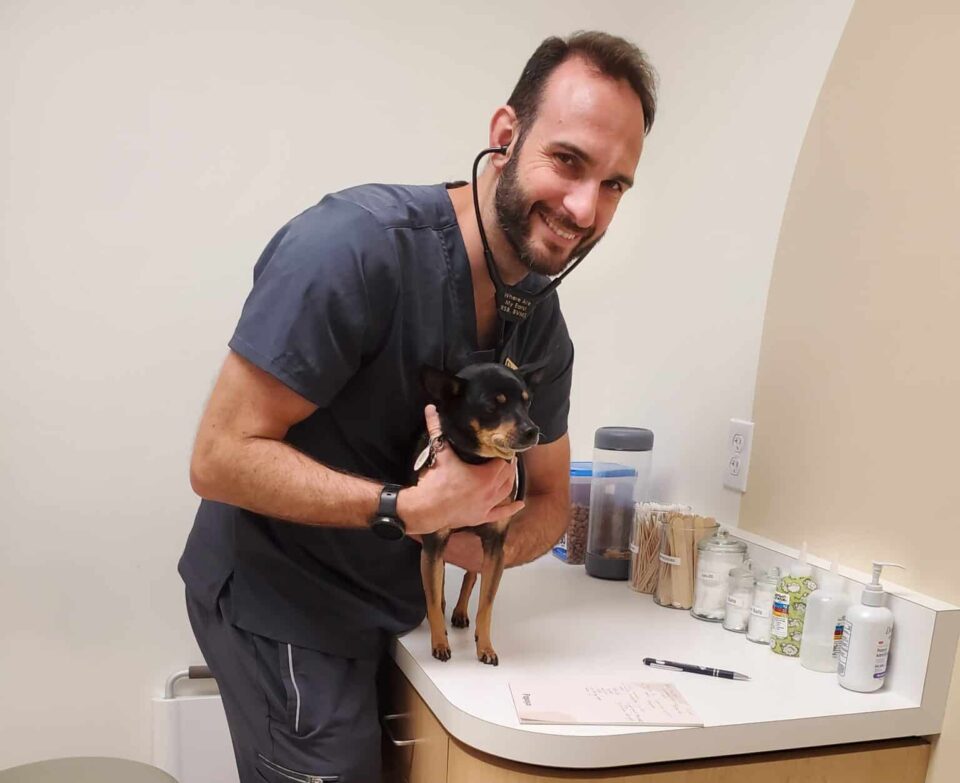Pet Care
3 min read
Why is your pet’s historical health record important?
Published on Jul 5, 2023

“You’re the best translator between your pet and their care team.”
Often the most vital information needed for diagnosing a pet’s condition is in their history—this means their pet health records. Historical information (including eating and bathroom behaviors, sleeping habits, how they have reacted to new people, how they have interacted with another animal, etc.) can tell your veterinary team a lot about why your pet might be behaving the way they are—as well as potentially treatable, pre existing conditions.
As a pet owner, you’re the best translator between your pet and their care team.
Veterinarians can do a lot but, unfortunately, we can’t read the minds of cats and dogs at their vet visit. Though pets communicate in some ways, they can’t tell us things that we might tell our doctors. As the person who spends the most time with your pet, you’re truly the best translator between your pet and their veterinary care team. A good veterinarian will ask the right questions to jog your memory.
Sometimes, a condition is easy to diagnose. With harder-to-identify illnesses or conditions, the more information you can provide the better. In these circumstances, a historical medical record or dog health record is very helpful, as this timeline can tell a veterinarian about the trajectory of a condition and recommend the most effective treatment options. Further, a faster diagnosis is a cheaper one, as your pet will likely need less testing. Understanding this information may also help you get a better idea of what to expect with an aging dog or pet.
A historical pet health record might be as simple as a list in your notes app or a notebook with dates. If there’s a noticeable change in behavior or if something seems out of the ordinary, just jot it down. Later, when you look back at the pet records, you and your veterinarian will be able to identify any concerning patterns.
This pets health record can make it quicker, easier, and cheaper to diagnose these conditions:
- Kidney disease
- Gastrointestinal issues
- Diabetes
- Cardiac conditions
- Chronic illness, such as arthritis
- Allergies
What if I don’t know my pet’s history?
Pet parents who have raised their pet from kitten or puppyhood might know their history extremely well. Diagnosis is of course easiest when the pet parent is well-versed in their pet’s behaviors, habits, and likes or dislikes.
On the other hand, many pet parents adopted their amazing adult pets from shelters. In these cases, you might not know your pets medical history, such as how they behaved as a kitten or puppy, their past experiences with personalized veterinary care, or the environment in which they lived before coming into your life. Their history can feel like a mystery!
Rest assured, working closely with a veterinarian from their first new puppy pet appointment will reveal a clearer picture of your pet’s health and what to watch out for moving forward. Moreover, you can begin crafting a historical pet medical record for your furry friend from the moment you adopt them onward. It’s never too late to start keeping track appointments, upcoming procedures, pet vaccine records, medications, other pet health medical records, and behavioral reports all in one place for easy reference.














